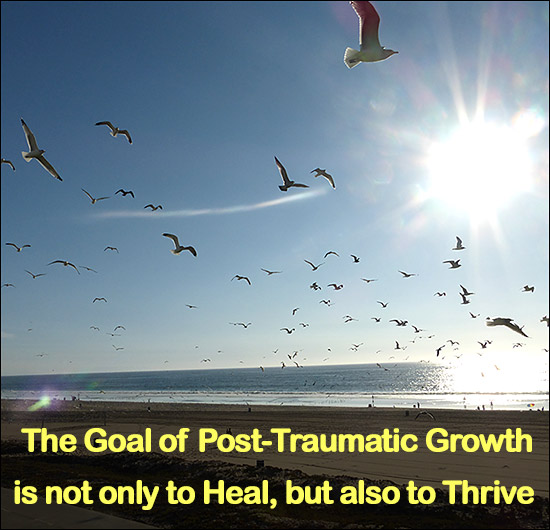
The global Covid-19 pandemic of 2020 is just like any other significant crisis that has ever occurred in history. The best analogy is that of a hurricane. There is the preparation leading to the destructive force of a hurricane. This gives way to the “eye-of-the-storm” which is a false sense the storm is over. Following this the backside of the hurricane hits with additional force and greater destruction. Many times, after a hurricane has passed the sun will shine brightly as though nothing has ever happened. However, in the brightness of the sunshine, the visible reality and extent of destruction slowly and shockingly settles upon people. You are now living in hell on earth. The mental-emotional impact upon people can become crushing, leaving scars for the rest of their lives.
“Many survivors of trauma have experiences that haunt them for the rest of their lives, experiences they can never forget. They may struggle for many years with considerable psychological pain. The new psychology of posttraumatic growth does not deny this fact, rather, simply recognizes that there is another side to the coin – that in the midst of great psychological pain there can also be a new recognition of one’s personal qualities and a deeper and more satisfying connection to others.
Three existential themes are at the core of posttraumatic growth. The first is the recognition that life is uncertain and that things change. This amounts to a tolerance of uncertainty that, in turn, reflects the ability to embrace is as a fundamental tenet of human existence. The second is psychological mindfulness, which reflects self-awareness and an understanding of how one’s thoughts, emotions, and behaviors are related to each other as well as a flexible attitude toward personal change. The third is acknowledgement of personal agency, which entails a sense of responsibility for the choices one makes in life and an awareness that choices have consequences.”[1]
Abraham Maslow once stated about self-actualizers, “the most important learning experiences . . . were tragedies, deaths, and trauma . . . which forced change in the life-outlook of the person and consequently in everything they did.“ We are preparing and anticipating being released from the lockdown of our Covid-19 new world behavior. With the flattening curve of the number of new incidents and deaths and the hopes of releasing the social constraints we are only in the eye of the storm, the calm before the new realities settle in on us. That chapter is only now being discussed. Change in our mind-set and behaviors are being forced upon us.
Think about the thousands of funeral services that did not occur due to social distancing and the fear of spreading the Coronavirus, Think of the thousands of “Celebration of life” services that will occur to bring closure to families and friends. How do you restart a nation? Better yet, How do you restart church? Will there be temperature checks for entry into larger gatherings? Will we wear masks and gloves? What about our children’s education? What about the economy? Author Stephen Joseph’s book, “What Does Not Kill Us” is a powerful title to remind us of our own self-awareness, “I have survived”. Tragedies and trauma can make us better and we can emerge as new versions of our self.
Shepherds Advantage provides Servant Leadership that helps people close the gap between where they are and where they want to be. Shepherds Advantage closes that gap by providing Leadership Development, Key Note Speaking, and Executive Coaching.
[1] Stephen Joseph. What Doesn’t Kill Us. Basic Books: New York, 2011.
Please note: I reserve the right to delete comments that are offensive or off-topic.